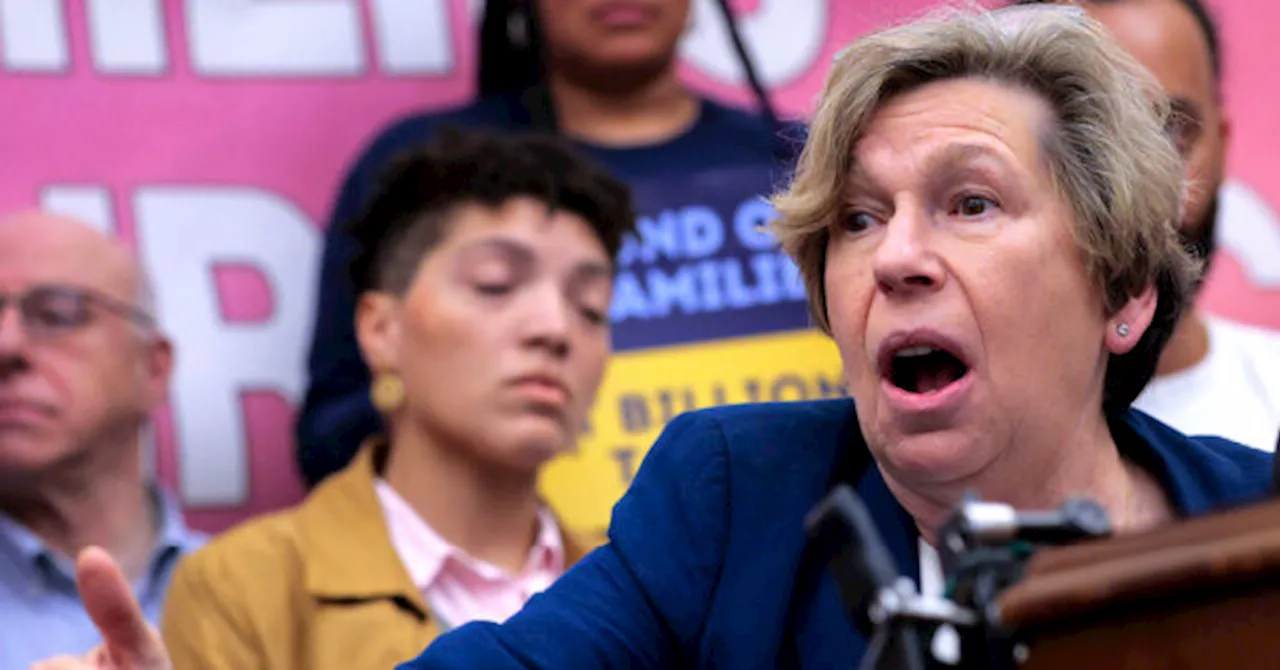Politics
Conservatives Intensify Efforts to Revoke Chinese Student Visas

Conservative lawmakers in the United States are amplifying their efforts to reverse the visa policy that permits a substantial influx of Chinese-born students. This initiative has arisen following a diplomatic agreement that allows approximately 600,000 students from China to study in the U.S. The move has sparked significant discontent among supporters of the America First agenda, who feel that their interests have been overlooked.
Critics argue that the decision to admit such a large number of Chinese students poses national security risks. They contend that allowing these students into American institutions may facilitate the transfer of sensitive technological and academic knowledge back to China. This sentiment resonates strongly with a faction of the Republican Party, which prioritizes stringent immigration policies and national sovereignty.
The current administration, led by President [Name], has defended the policy as a necessary component of international relations and educational cooperation. Supporters of the administration argue that these students contribute significantly to the U.S. economy and academic landscape, promoting cultural exchange and innovation. They assert that excluding these students could hinder America’s global competitiveness.
As the debate intensifies, several key lawmakers have already proposed legislation aimed at restricting student visas for individuals from specific countries, particularly China. One proposal seeks to impose strict vetting processes and limit the number of visas issued annually. Proponents of this legislation argue it is essential to protect American interests and ensure that educational institutions remain safe and secure.
The political landscape surrounding this issue is complex, as it encompasses broader themes of immigration and national security. The pushback against the influx of Chinese students reflects a growing trend among conservatives to scrutinize foreign influence in American education. Some politicians are calling for a reevaluation of existing agreements that facilitate student exchanges.
In response to these developments, a coalition of educational institutions and international relations experts has voiced their concerns. They emphasize the benefits of fostering a diverse learning environment and maintaining strong ties with international partners. According to a report by the Institute of International Education, international students contribute over $40 billion annually to the U.S. economy, underscoring the financial stakes involved.
As discussions progress, the potential ramifications of restricting Chinese student visas are likely to be felt across various sectors, from academia to technology. With the 2024 elections on the horizon, this issue may play a pivotal role in shaping voter sentiments and influencing policy platforms. The ongoing dialogue reflects not only the complexities of U.S.-China relations but also the broader implications for American society.
In conclusion, the renewed conservative push to revoke Chinese student visas highlights a critical intersection of national security concerns and educational policy. As stakeholders on both sides of the debate articulate their positions, the outcome could significantly impact the future landscape of international education in the United States.
-

 Lifestyle4 months ago
Lifestyle4 months agoLibraries Challenge Rising E-Book Costs Amid Growing Demand
-

 Sports3 months ago
Sports3 months agoTyreek Hill Responds to Tua Tagovailoa’s Comments on Team Dynamics
-

 Sports3 months ago
Sports3 months agoLiverpool Secures Agreement to Sign Young Striker Will Wright
-

 Lifestyle3 months ago
Lifestyle3 months agoSave Your Split Tomatoes: Expert Tips for Gardeners
-

 Lifestyle3 months ago
Lifestyle3 months agoPrincess Beatrice’s Daughter Athena Joins Siblings at London Parade
-

 World3 months ago
World3 months agoWinter Storms Lash New South Wales with Snow, Flood Risks
-

 Science4 months ago
Science4 months agoTrump Administration Moves to Repeal Key Climate Regulation
-

 Science3 months ago
Science3 months agoSan Francisco Hosts Unique Contest to Identify “Performative Males”
-

 Business4 months ago
Business4 months agoSoFi Technologies Shares Slip 2% Following Insider Stock Sale
-

 Science4 months ago
Science4 months agoNew Tool Reveals Link Between Horse Coat Condition and Parasites
-

 Sports3 months ago
Sports3 months agoElon Musk Sculpture Travels From Utah to Yosemite National Park
-

 Science4 months ago
Science4 months agoNew Study Confirms Humans Transported Stonehenge Bluestones









